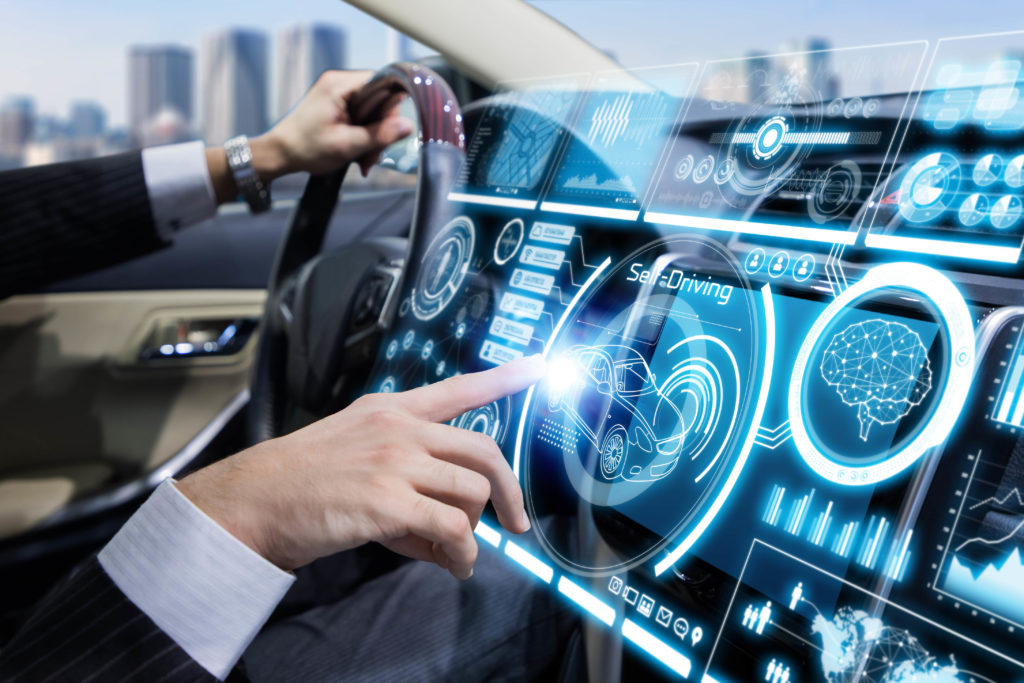The advent of electric vehicles (EVs) is heralding a transformative shift in the realm of mobility. As society moves towards a more sustainable and technologically advanced future, understanding how EVs will reshape mobility becomes crucial. This shift is not just about changing the type of fuel we use; its about rethinking entire systems of transportation and urban planning.
In this article, we will delve into the multifaceted impact of EVs on mobility. From environmental benefits to technological advancements, and urban planning to economic implications, electric vehicles are set to redefine how we move.

The Environmental Impact of Electric Vehicles
Reducing Carbon Footprint
One of the most significant ways EVs are reshaping mobility is through their potential to reduce the carbon footprint. Traditional vehicles rely heavily on fossil fuels, contributing significantly to greenhouse gas emissions. In contrast, EVs produce zero tailpipe emissions, making them a cleaner alternative. This shift is crucial in combating climate change and reducing air pollution, particularly in urban areas.
Promoting Renewable Energy
The rise of electric vehicles also encourages the adoption of renewable energy sources. As more EVs hit the roads, there is a growing demand for electricity generated from clean energy, such as solar and wind. This transition supports a more sustainable energy ecosystem, further amplifying the positive environmental impact.
Technological Advancements in EVs
Innovative Battery Technology
Battery technology is at the heart of the EV revolution. Recent advancements have significantly increased the range and efficiency of electric vehicles, making them more viable for long-distance travel. Companies are investing heavily in developing batteries that charge faster and last longer, which will be crucial for widespread adoption.
Integration of Smart Technology
EVs are not just about replacing gasoline engines with electric ones; they are about integrating smart technology into our vehicles. Features such as autonomous driving, advanced navigation systems, and vehicle-to-grid connectivity are becoming standard. This integration enhances the driving experience and aligns with the broader trend of creating a connected ecosystem.
Urban Planning and Infrastructure
Revolutionizing City Design
The widespread adoption of electric vehicles necessitates a reevaluation of urban infrastructure. Cities are beginning to integrate EV-friendly policies and facilities, such as charging stations and dedicated lanes. This shift not only supports the growth of EVs but also encourages more sustainable urban planning practices.
Impact on Public Transportation
Public transportation systems are also evolving in response to the rise of EVs. Electric buses and trams are becoming increasingly common, offering cleaner and quieter alternatives to traditional public transport options. This change is crucial in reducing urban congestion and improving air quality in densely populated areas.
Economic Implications of EV Adoption
Creating New Job Opportunities
The transition to electric vehicles is generating new job opportunities across various sectors. From manufacturing and maintenance to software development and energy production, the EV industry is creating a diverse range of employment options. This growth is supported by government initiatives and private investments aimed at boosting the EV market.
Impact on the Oil Industry
The rise of EVs is also impacting traditional industries, particularly the oil sector. As demand for gasoline declines, oil companies are shifting their focus towards renewable energy sources and sustainable practices. While this transition poses challenges, it also presents opportunities for innovation and growth.
The Role of Policy and Regulation
Government Incentives
Government policies play a crucial role in accelerating the adoption of electric vehicles. Incentives such as tax credits, rebates, and grants are making EVs more accessible to consumers. Additionally, regulations aimed at reducing emissions and promoting sustainability are encouraging both manufacturers and consumers to embrace EV technology.
International Cooperation
The global nature of the automotive industry necessitates international cooperation in the transition to electric mobility. Countries are collaborating on research, development, and standardization to ensure a smooth transition. This cooperation is essential for creating a cohesive and efficient global EV infrastructure.
Challenges and Opportunities
Overcoming Range Anxiety
One of the primary challenges facing the EV market is range anxietythe fear that a vehicle will run out of charge before reaching its destination. To address this concern, manufacturers are developing batteries with longer ranges and faster charging capabilities. Additionally, the expansion of charging infrastructure is crucial in alleviating range anxiety and promoting consumer confidence.
Embracing Technological Disruption
The transition to electric vehicles represents a significant technological disruption. Embracing this change requires a shift in mindset and a willingness to invest in new technologies. For businesses, this means adopting new manufacturing processes, investing in research and development, and training employees to work with advanced technologies.
The Future of Mobility with EVs
Autonomous Vehicles
The integration of autonomous technology with electric vehicles is poised to revolutionize mobility further. Autonomous EVs offer the potential for safer, more efficient transportation systems, reducing the need for personal car ownership and transforming public transport.
Shared Mobility Solutions
As urban populations continue to grow, shared mobility solutions such as car-sharing and ride-hailing services are becoming increasingly popular. These services, powered by EVs, offer a sustainable and cost-effective alternative to traditional car ownership, reducing the number of vehicles on the road and easing traffic congestion.
Conclusion
The impact of electric vehicles on mobility is profound and far-reaching. As we continue to explore software innovation trends and address challenges, the potential for EVs to reshape our transportation systems becomes increasingly apparent. By reducing emissions, promoting renewable energy, and integrating smart technology, EVs are setting the stage for a more sustainable and efficient future.
For more insights on the rapid growth of EV technology, visit Prismecs.

Faq
What are the environmental benefits of electric vehicles?
Electric vehicles significantly reduce carbon emissions and air pollution, promoting cleaner air and a healthier environment.
How do electric vehicles affect the economy?
The rise of EVs creates job opportunities in manufacturing, maintenance, and technology sectors while impacting the oil industry by reducing gasoline demand.
What challenges do electric vehicles face?
Key challenges include overcoming range anxiety, expanding charging infrastructure, and embracing technological disruption in the automotive industry.





